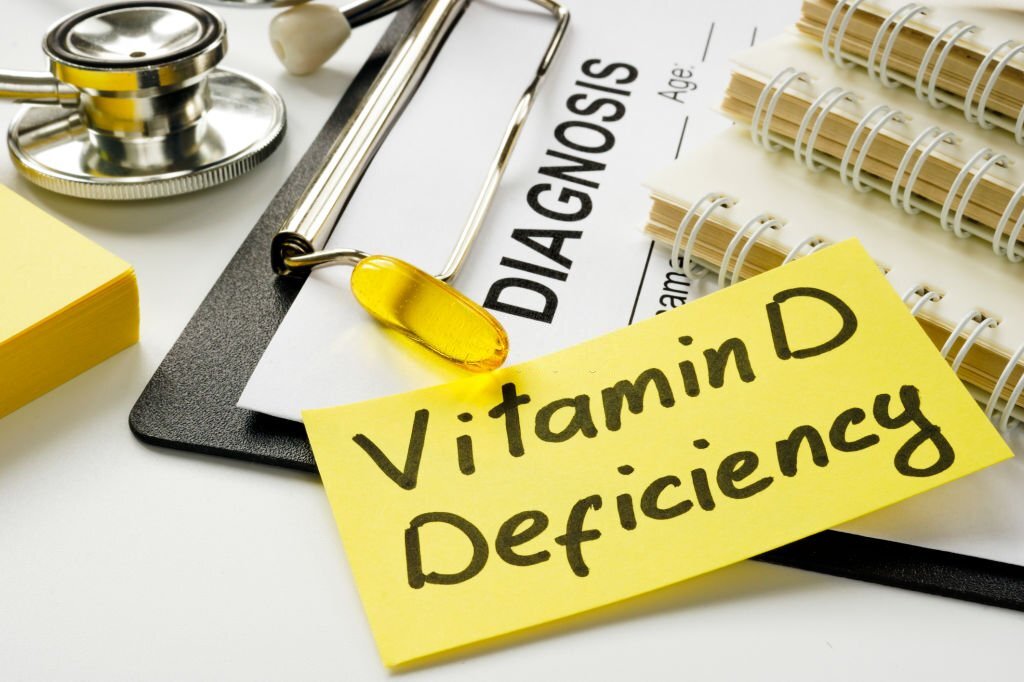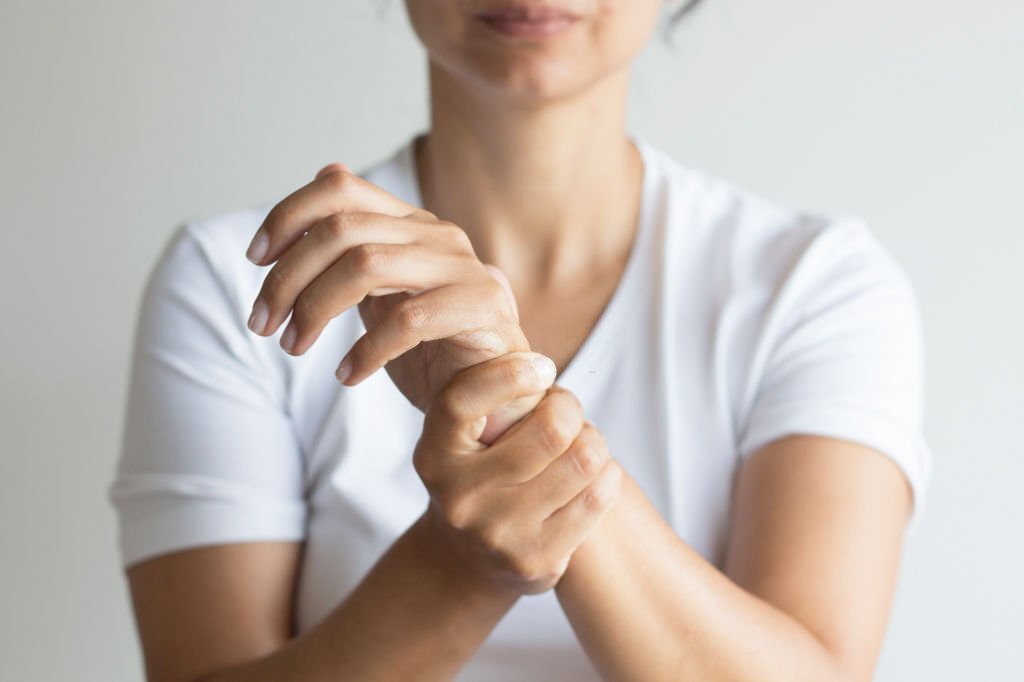“Creak, Crack, Pop!”
Have you ever considered that this familiar sound from your joints might be more than just an odd noise? What if it’s a subtle SOS from your body?
Most Americans focus on diet for weight or heart health, but few consider its impact on joint health. Popping joints is one such issue.
Did you know that surprisingly, up to 30% of the population may experience this cracking sound aka crepitus on the joints? And shockingly, popping joints’ vitamin deficiency could be a potential reason.
If you’re in shock like me, join me to unravel the relationship between nutrition and joint health, and decode the mystery of popping joints for a quieter, healthier life.
Popping Joints: Is It More Than Just Age?
As you go about your day, your joints may occasionally produce popping or creaking noises, known as “crepitus.” This sound occurs when your joints’ smooth, lubricated surfaces rub against each other. It’s akin to the squeak you hear when rubbing two wet glass surfaces together.
There is a prevalent myth that joint noises, particularly joint popping, are signs of advancing age or even impending arthritis. However, no solid scientific evidence links joint noises to the onset of arthritis.
While joint sounds can be more common as we age due to the natural wear and tear of the cartilage, it isn’t an absolute rule. And in most cases, these sounds are entirely normal and harmless.
Popping Joints Vitamin Deficiency: Delving into the Science
Recently, new insights have been discovered regarding the possible reason behind joint popping: vitamin deficiency.
Certain vitamins, including D, C, E, K, and some B vitamins, are vital in maintaining joint health. These nutrients are essential for collagen synthesis, bone strength, and the health of the synovial membrane that lines the joints.
Lack of these vitamins could lead to joint discomfort and potentially result in the production of those notorious popping sounds.
The National Health and Nutrition Examination Survey discovered that over 30% of the U.S. population was at risk of at least one vitamin deficiency or anemia. In the US, nearly 42% of the population is vitamin D deficient.
The statistic is indeed shocking and raises questions about how it could affect joint health.
The Connection Between Vitamin Deficiency and Joint Popping: A Closer Look
Vitamins are essential micronutrients your bodies need to perform various functions effectively. If you don’t get enough of these nutrients, deficiencies can cause various health issues, including joint popping.
Recent research indicates a strong correlation between vitamin D deficiency and knee osteoarthritis. This condition involves the gradual deterioration of joint cartilage and underlying bone.
According to another study, insufficient vitamin C intake, crucial for collagen production, can lead to weakened cartilage. It can cause joint instability and produce sounds such as popping or cracking.
Also, vitamin B12 plays an essential role in DNA production, but a deficiency can lead to joint pain and stiffness. It may lead to popping joints.

Can Popping Joints Be Painful?
Popping joints can be painful sometimes though it’s mostly harmless. The reason can be an underlying issue. Some potential causes can include.
- Osteoarthritis: can cause the cartilage in your joints to wear down, resulting in popping sounds and discomfort.
- Tendon Snap: Sometimes might snap over the body’s joints, causing a popping sound with or without pain.
- Injury: An injury to the joint can cause instability and lead to popping or cracking sounds, often associated with pain.
- Ligament Tear or Strain: Injured ligaments can cause popping or snapping sensations and joint pain.
The Role of Vitamins in Joint Health
Let’s look at the vitamins that matter most for your popping joints and what happens when you’re deficient.
Vitamin D: The Sunshine Vitamin
Vitamin D helps your body absorb calcium necessary for strong bones. When you lack Vitamin D, your bone density can decrease, which may cause joint discomfort and even the notorious popping noises.
Vitamin C: More Than Just an Immune Booster
Collagen that keeps our cartilage, skin, blood vessels, and tendons healthy needs Vitamin C for its production. Without enough Vitamin C, our cartilage could weaken, leading to joint popping.
Studies show that lacking Vitamin C can cause joint-related problems because it plays a crucial role in collagen synthesis.
Can you get vitamin C from the sun?
Vitamin E: The Antioxidant Powerhouse
Vitamin E is a powerful antioxidant that helps protect your cells, including those in your joints, from damage. It may also play a role in maintaining healthy cartilage.
Vitamin K: The Underappreciated Nutrient
Bone health is greatly influenced by Vitamin K, which is often overlooked. This vitamin is vital in binding calcium to the bones and preserving strength. Studies have shown that a lack of Vitamin K is connected to osteoarthritis.
B Vitamins: The Energy Essentials
The B vitamins, particularly B12, B6, and folate, can influence joint health, bone health, and healthy blood cells. Besides, Vitamin B12 deficiency has been linked to osteoporosis, potentially affecting joint health.
How To Treat Popping Joints?
Popping sounds in joints without pain or movement problems don’t need treatment. But if pain or difficulty is severe, there are ways to address it.
- Physical Therapy: includes exercises and stretches that strengthen the muscles around the joint, improving stability and potentially reducing popping.
- Medication: Over-the-counter nonsteroidal anti-inflammatory drugs (NSAIDs) like ibuprofen can help reduce pain and swelling associated with joint popping.
- Consult a Healthcare Professional: Consult a healthcare professional for joint pain, swelling, or stiffness to identify any underlying conditions that need treatment.
- Rest and Ice: for an injury or strain, rest and ice can help reduce inflammation and speed up recovery.
- Healthy Lifestyle Choices: Regular exercise, a healthy weight, and a balanced diet rich in vitamins and minerals can support overall joint health.
- Surgery: Surgery may be necessary in cases of severe joint popping caused by injury or advanced osteoarthritis.
Bridging the Gap: Dietary Supplements for Joint Health
With a greater understanding of the role vitamins play in joint health, maintaining an adequate intake of these vitamins is crucial. While supplements can help with joint health and relieve discomfort, remember they cannot cure or prevent joint popping.
Glucosamine and Chondroitin
These supplements are often used to support joint health. They are components of normal cartilage typically used in treating and preventing osteoarthritis.
The recommended dose is 1,500mg of glucosamine and 800-1,200mg of chondroitin daily for optimal results.
Omega-3 Fatty Acids
Omega-3 fatty acids are another popular supplement used to promote joint health. Omega-3 fatty acids are found in fish oil, and other sources like olive oil have been shown to have anti-inflammatory effects.
Some studies have suggested that omega-3 fatty acids help reduce joint pain and stiffness in people with rheumatoid arthritis.
Vitamin D
This sunshine vitamin is crucial for bone health, and a deficiency can lead to bone weakening and joint pain. According to a study, vitamin D may help preserve knee cartilage.
The recommended daily dose of vitamin D is typically around 600-800 IU per day for most adults.

Vitamin C
Vitamin C is essential for the synthesis of collagen. It’s a protein that helps maintain the integrity of our cartilage, tendons, and ligaments.
Can you take vitamin C with milk – check.
Vitamin E
Vitamin E can help protect your cells, including those in your joints, from damage.
Collagen
Collagen is a protein that makes up many of our bones, skin, and tissues. Collagen supplements may help improve symptoms of osteoarthritis and reduce joint pain.
Conclusion
Popping joints can be normal, sometimes harmless, sometimes with pain and issues like vitamin deficiency. So, add vitamins like D, C, E, K, and the B complex to your diet to maintain joint health.
But remember, before starting any new supplement regimen, always consult with a healthcare professional. For more, visit our blogs.

I am a health and wellness enthusiast working in a Pittsburgh-based wellness clinic. My primary role as a consultant is to tailor a balanced lifestyle for my patients, where positive steps and potent supplements play a synergistic role.

